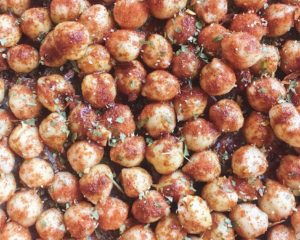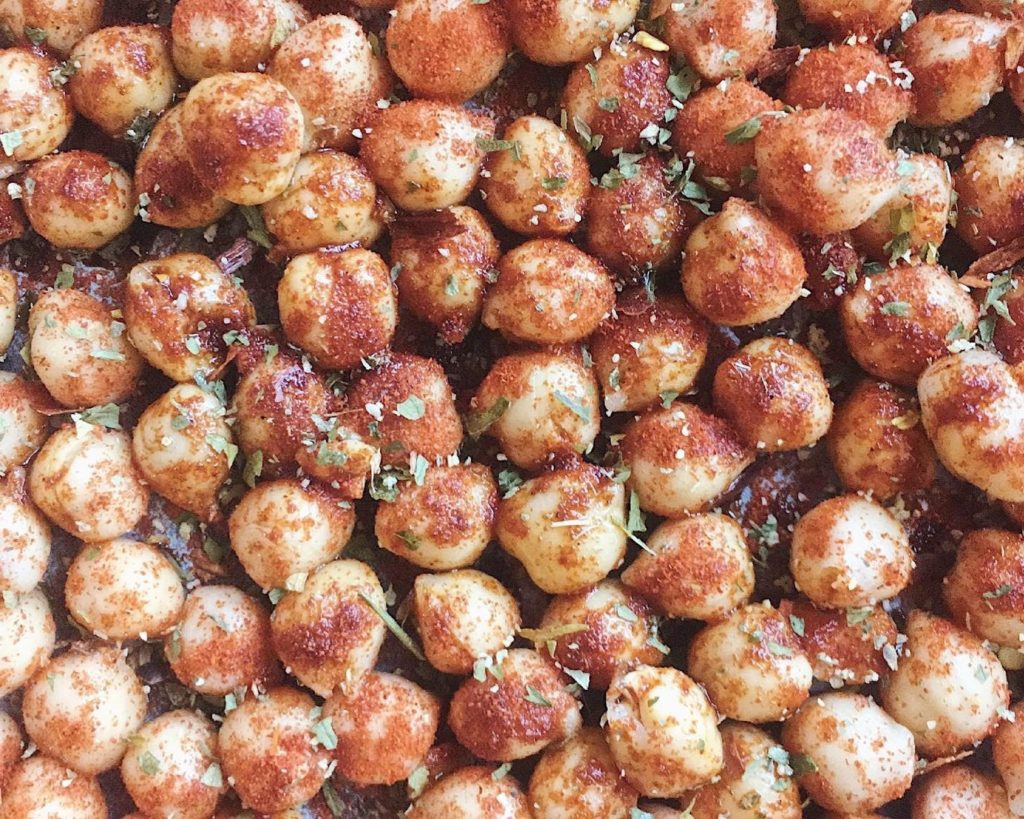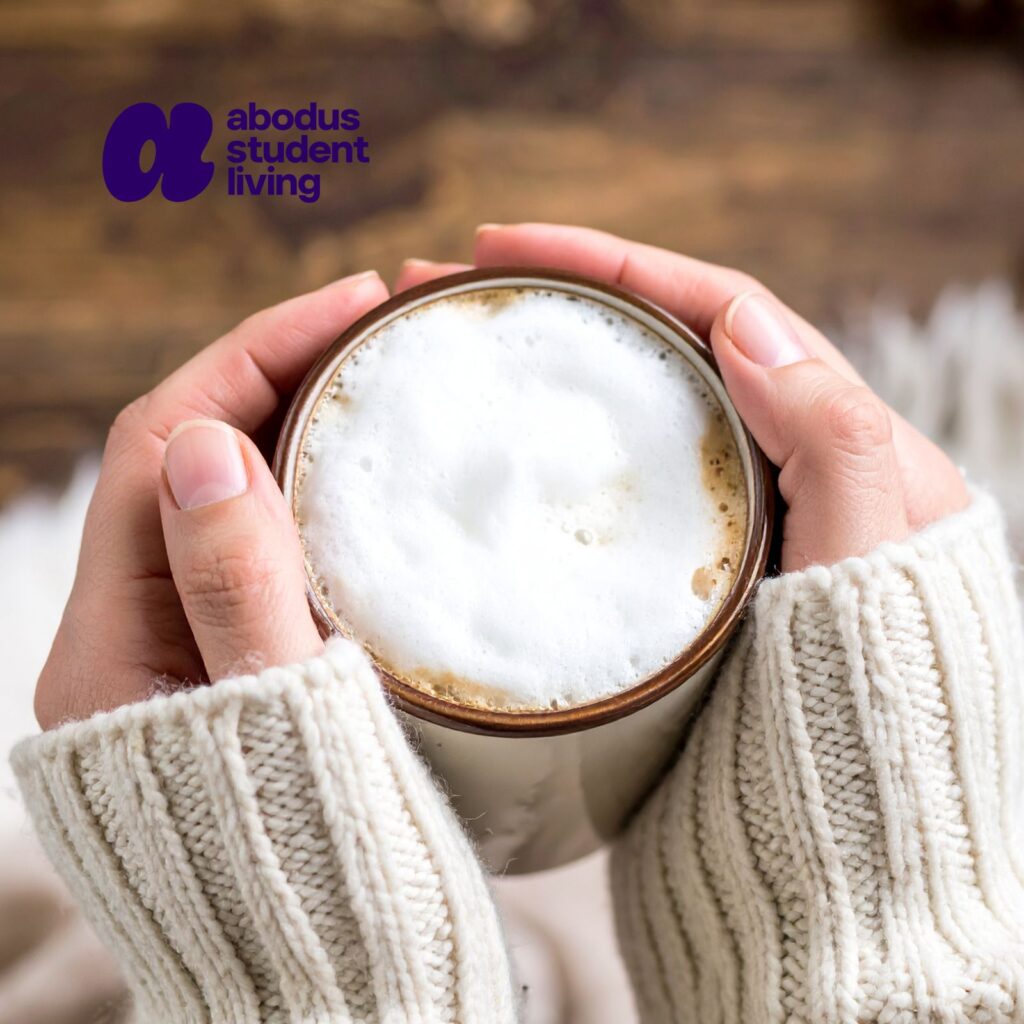
Written by Hannah Trueman,
So what are pulses and why should we be eating more of them?
While you may not recognise them by their name, pulses have been a staple in many
diets across the world for thousands of years and the chances are that you will have eaten
(a lot of) them. The humble baked bean is probably the most renowned pulse and a
staple in most households and student kitchen cupboards!
A pulse is the edible seed of legumes and refers to all kinds of beans, peas and lentils.
Eating pulses has many benefits for physical and mental health, and growing them
promotes sustainable agriculture as they reduce greenhouse emissions, use less water in
comparison to other crops and enhance soil health and biodiversity which in turn
increases the productivity of farmland.
All in all, pulses tick so many boxes when it comes to human and planetary health and are
well tolerated by most people so they make a great addition to a healthy, balanced diet.
They’re also widely available, extremely affordable and very versatile so can be added to
all kinds of dishes and prepared in many different ways (or just eaten straight from the tin!)
so it’s a win, win!
Consuming pulses as part of a balanced diet has many benefits for human health. Let’s
take a look at the main ones:
Fibre
Pulses are one of the richest sources of dietary fibre with just one portion (approximately
1/2 cup, cooked) providing about a third of your daily requirements. Fibre is essential for
healthy, regular bowel movements and gut health which impacts literally every other
structure and function within the body. Adequate fibre intake has been shown to lower
the risk of chronic diseases such as heart disease, stroke, type 2 diabetes, bowel cancer
and more. Fibre is also known to help with hormonal regulation and brain function which
influences the ability to focus, moods and sleep. Additionally, fibre helps with blood sugar
regulation and cholesterol levels which many people struggle with.
Include at least one serving of pulses every day to help you increase your plant points and
meet your fibre needs (30g per day). Most people come nowhere near this goal which has
many negative implications for health.
Protein
Pulses are an excellent source of plant-based protein, making them a great addition for
anyone following a vegan or vegetarian diet, or for those wanting to reduce their meat
intake, without skimping on protein. Protein is an essential nutrient, required by the body
for far more than just the muscle growth and repair that many people associate it with.
Protein, or more specifically the smaller molecules it is made up of, known as amino acids,
are the building blocks for every one of the trillions of cells within the body. Amino acids
govern every single chemical reaction that occurs within the body, they are also used to
make neurotransmitters and neuromodulators which regulate mood and brain function,
amongst many other things. Insufficient protein intake has serious consequences for both
physical and mental health so it is crucial to ensure you are getting enough, every single
day.
Although requirements vary from person to person, as a general guide you should be
eating around 1g of protein per kg of body weight, for example, if you weigh 60kg you
should be eating around 60g of protein per day.
The seven pulses with the highest protein content are:
Black lentils: 12g per 1/2 cup
Green lentils: 9g per 1/2 cup
Split peas: 8g per 1/2 cup
Navy beans: 8g per 1/2 cup
Chickpeas: 8g per 1/2 cup
Black beans: 7g per 1/2 cup
Kidney beans: 7g per 1/2 cup
Nutritionist’s tip for maximising the bioavailability of the plant-based protein in your diet:
whilst pulses are a great source of protein, they are not considered a complete protein as
they do not contain all of the nine essential amino acids. However, as long as you are
combining several different sources of plant-based protein over the course of a day, you
will provide your body with all the amino acids it needs. Beans and rice is a delicious way
of protein combining in one meal – Mexican dishes are a delicious way to do this.
Vitamins and minerals
Pulses are also a rich source of many vitamins and minerals such as magnesium, folate,
zinc and iron, so incorporating them into your diet on a daily basis is a great way of
boosting the nutrient quality of your meals.
To enhance the bioavailability of iron in pulses, add a vitamin C source, such as a squeeze
of lemon juice.
A few delicious ways to incorporate pulses into your diet
• You don’t have to soak and cook your beans from scratch, although it is very rewarding
to do so, you can use them straight from the tin (just make sure you are buying the ones
without added salt, sugar and preservatives)
• Add to salads with brown rice or whole-grain pasta for a satisfying and nutrient-dense
lunch
• Toss with oil, herbs and spices and bake until nice and crispy for a delicious salad/soup
topping, sandwich filling or snack. Find my recipe for smokey spicy crispy chickpeas
here (the recipe works with any pulse)
• Add to vegetable soups to boost their nutrient content (and deliciousness). Leave them
whole for a chunky soup, or blend them up for a thick and creamy soup
• Replace half of the meat in bean dishes such as bolognese with beans or lentils
• Make homemade hummus to snack on with vegetable sticks and crackers or spread on
toast or sandwiches. You can use any pulse to make hummus, not just chickpeas. You
can find my recipe for beetroot hummus using black beans here
• Add chickpeas and black beans to your baking – trust me! You can find my recipe for
high-protein chickpea blondies here
Ways to make pulses more digestible
While most people are able to digest pulses easily, they can cause digestive symptoms
such as gas and bloating for others. If you are someone who finds they react to pulses,
here are some tips to make them easier to digest:
• Increase your intake of pulses slowly, so as not to overwhelm your digestive system
• Make sure you are well hydrated. You should be drinking around 2.5 litres of water a day
• If you are cooking your pulses from scratch, make sure you soak pulses for at least 8
hours
• Always rinse your canned pulses before using them and store leftovers in a sealed
container or jar, rather than the opened tin
• Add herbs and spices to your bean dishes to enhance digestion
• Have a handful of bitter greens as a side with your bean dishes and eat them first to
stimulate digestion and enhance nutrient absorption
• Make sure you eat in a relaxed environment, chew every mouthful and avoid drinking a
lot of fluid with your meals as this dilutes your digestive juices
• Ensure the rest of your diet is varied so your digestive system has all the nutrients it
needs to function optimally
If your digestive symptoms persist, consult with your doctor to rule out any underlying
conditions. It may also be beneficial to work with a qualified nutritionist or dietician who
can help you identify any nutritional deficiencies or imbalances within your gut bacteria
that could be contributing to your symptoms.
Main takeaways
Pulses are a versatile, affordable and delicious way to increase the diversity of nutrients in
your diet. Regardless of whether or not you are following a vegetarian or vegan diet, they
are a great way to increase your intake of protein, fibre and other nutrients that are
essential for physical and mental health. They can be enjoyed virtually straight from the
tin or added to your favourite sweet and savoury meals and snacks. Not only are they
extremely beneficial in terms of human health, particularly in relation to digestive
function, but they are beneficial to the health of our planet.








